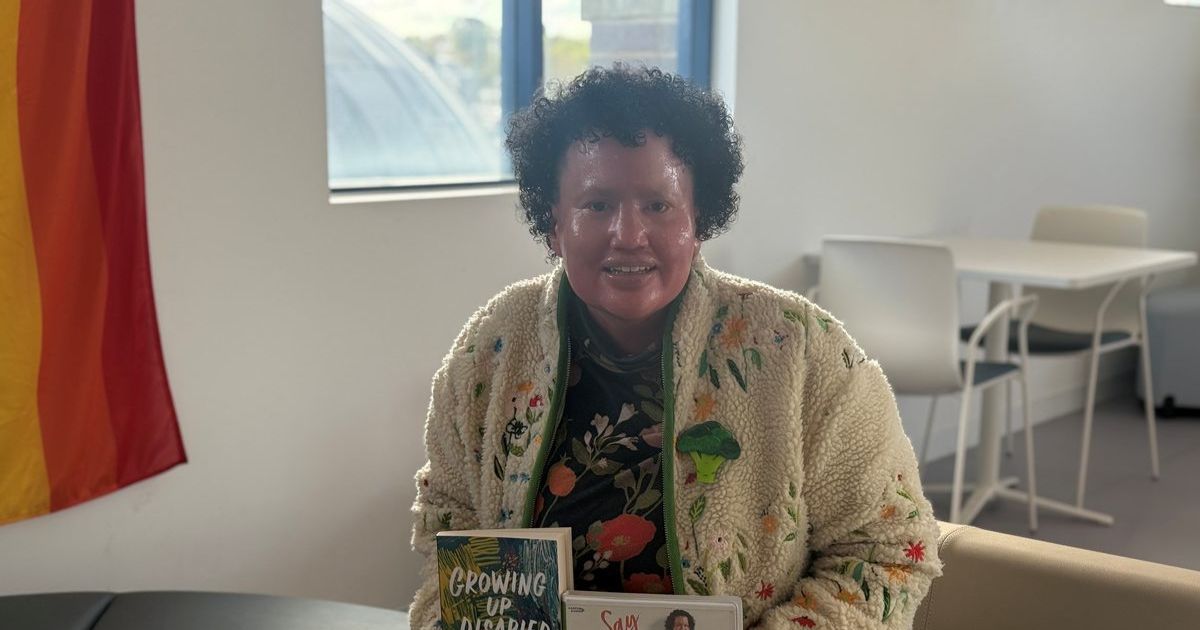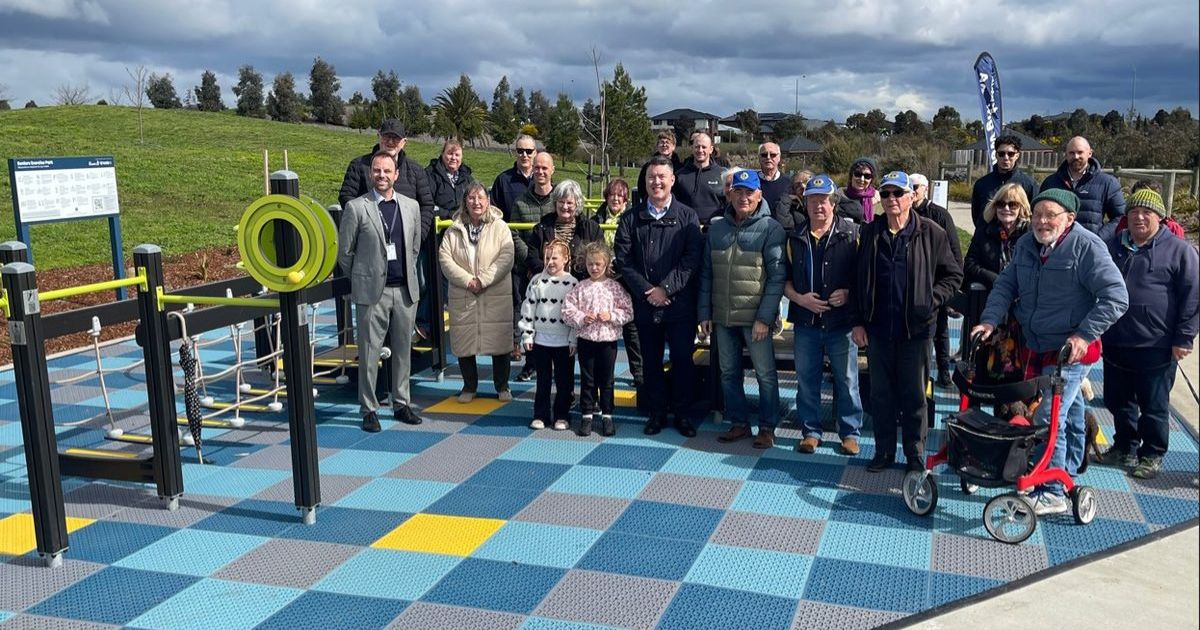Cost of living front and centre as City opts for no rate rise

Focused: City of Ballarat mayor Cr Tracey Hargreaves and CEO Evan King with the draft budget. Photo: DARREN McLEAN
EASING cost of living pressures is central to the City of Ballarat’s draft 2025-26 budget, which was scheduled to go before councillors for adoption on Wednesday night (after print deadline).
In a media briefing before the council meeting, City officials revealed a range of measures aimed at helping ratepayers with financial worries, including a zero per cent average rates increase.
City CEO Evan King said cost of living was a prime factor during budget process community consultation, and new councillors “really took that on board”.
“When the councillor group came together (after the October elections) it was a key conversation point from day one,” Mr King said.
Cost of living measures include the introduction of a one-off $120 rebate for low-income Health Care Card holders, extended hours at the Eureka Pool during hot weather, additional library opening hours and programs (including extended weekend and evening hours), and free entry to the Black Hill and Buninyong outdoor pools over summer.
Rooms in the Town Hall will be free to hire for community groups for non-commercial purposes, while the single household pensioner rebate will rise by $10 to $120.
A $98.2 million capital works program will include a $27 million spend on roads, $6 million for upgrades to the art gallery, $5.5 million for the new animal facility, $2.3 million for heat pumps at the Ballarat Aquatic and Lifestyle Centre, $1 million for the Eastwood Leisure Complex upgrade, $750,000 to complete the Marty Busch Reserve upgrade, $700,000 for new footpaths, and $500,000 on the upgrade of the airport terminal.
The City has paid for the reduction in revenue caused by not applying an average rates rise – which will cost it about $3.9 million – by trimming internal compounding costs.
Mr King said officers had found $5.2 million in savings by “going line by line” through expenditure and tightening operational efficiencies.
He stressed that there would be no impact on frontline services.
Mr King explained that, while there would be no increase in rates, this did not mean no one would see their rates rise.
He said property values on which rates are determined move “all over the place”, so outcomes will differ. In other words, if a property’s value has increased, so will the rates.
As for the controversial Emergency Services and Volunteers Fund, Mr King said the City had no option other than to collect it for the State Government but would make it very clear on rate notices that it is a “State Government tax-slash-levy”.
He estimated that Ballarat ratepayers will contribute about $22 million to the levy.
The waste charge will increase to $606, a $43 or 7.64 per cent increase, but Mr King said that increase was in line with government requirements.
It represents a cost of $1.66 per household per day, and includes the cost of the City’s new Food Organics and Garden Organics and glass collection services, which will begin in November.
Mr King said the City was in an overall good position.
“We’ve got low levels of debt, we’re running an operating surplus to fund our capital and assets renewal,” he said.
“All the key metrics are really, really healthy, so we’re in a good, solid financial position as a council.”


















